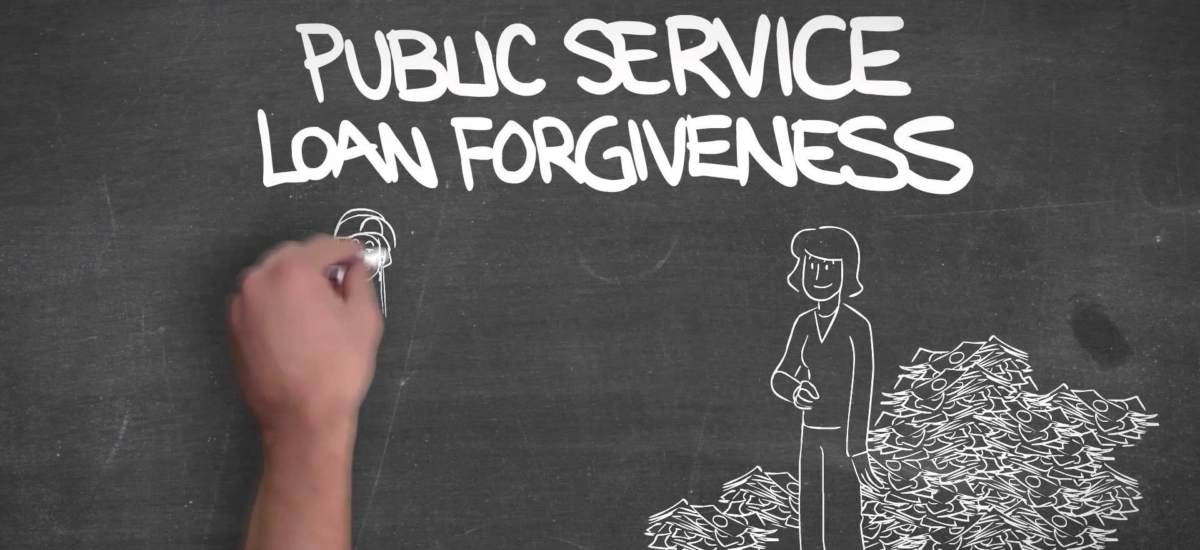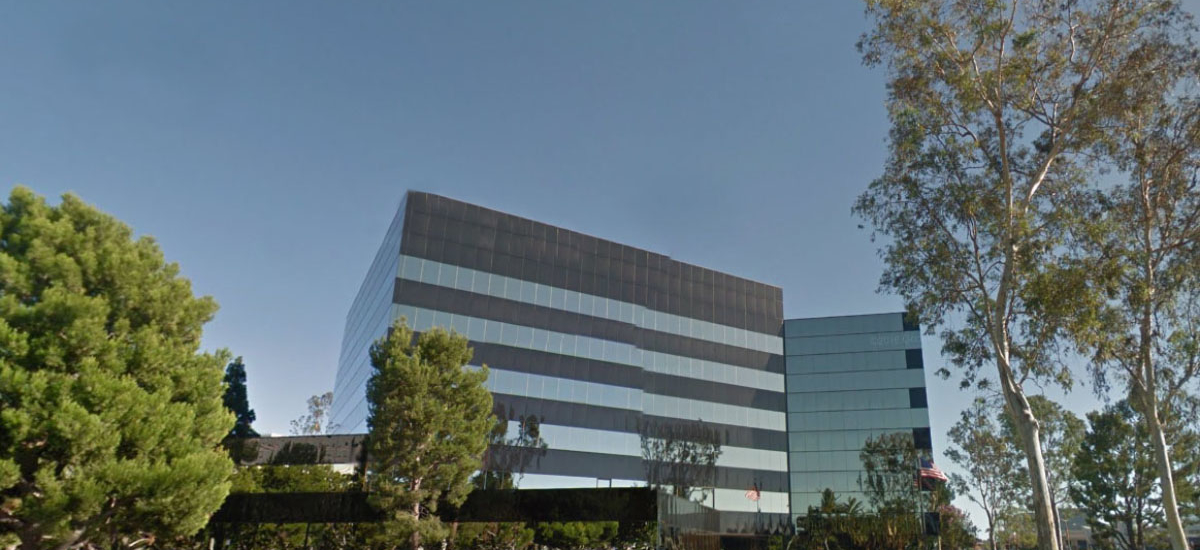WELCOME TO ELITE STUDENT SOLUTIONS We are a document preparation processing center for people with Federal student loans. Have you ever wished that your student loans would just go away? While there is no easy way to snap your fingers and have your student loan debt magically disappear, there are ways to get your student loan debt forgiven.
There are various student loan forgiveness programs out there for people that work in public service, education, and more. Some states are even helping debt-saddled graduates with their loans as well.
Whether you’re struggling with six-figure debt or looking for “free money” to pay off your student debt, student loan forgiveness can be a nice alternative.
These are some of the most common types of loan forgiveness and discharge.
- Teacher Loan Forgiveness
- Public Service Loan Forgiveness
- Closed School Discharge
- Total and Permanent Disability Discharge
How can I become eligible?
Consolidating your loans with federal government can be a good first step when pursuing Public Service Loan Forgiveness. A Direct Loan Consolidation combines all of your federal loans into one new single loan (even previously ineligible loans like Perkins or FFELs can be included and become eligible). During the consolidation process you can also choose an alternative repayment plan.
Elite Student Solutions has a free tool that guides you through the consolidation process, and sets you up on an income-driven repayment plan to start moving towards forgiveness. Click the button below to learn more and start the Direct Loan Consolidation process.
Who is eligible?
Full-time employees at a federal, state or local government agency as well as nonprofit workers at an organization with a 501(c)(3) designation. For purposes of this program, religious-based work at a non-profit does not qualify.
Student Loan Forgiveness Programs
Click the links in this list to view more details about each type of student loan forgiveness program.
- Public Service Loan Forgiveness (PSLF): Forgives the balance on your Direct Loans after you make 120 qualifying monthly payments under a qualifying repayment plan while working full-time for a qualifying employer.
- Teacher Loan Forgiveness: Offers up to $17,500 in student loan forgiveness for teachers who teach full time for five years in certain low-income schools and meet other program qualifications.
- Perkins Loan Forgiveness: Provides up-front loan forgiveness for certain types of public service or for full-time work in certain occupations.
- Volunteer Work: AmeriCorps VISTA (Volunteers in Service to America) and Peace Corps service qualify for several types of student loan forgiveness.
- Health Professions: Several federal agencies provide student loan forgiveness programs for health professionals who work in specific locations or specialize in certain fields.
- Law School Loan Repayment: Several programs provide forgiveness for law school graduates who practice public interest law, such as public defenders.
- Government Employees: Many agencies provide up to $60,000 ($10,000 per calendar year) in student loan repayment assistance in exchange for a minimum commitment of 3 years of service.
- Military Service: Different branches of the U.S. Armed Forces offer a number of different forgiveness and student loan repayment programs.
- Income-Based Repayment Plans: After 20-25 years of qualifying payments in one of the U.S. Department of Education’s income-based repayment plans, your loan balance is forgiven.
- TEACH Grant: Provides up to $4,000 per year to students who agree to a 4-year teaching commitment at specific schools and educational service agencies serving low-income families. (Although this isn’t technically a forgiveness program, it has a similar function.)
Student Loan Forgiveness and Income Taxes
Loan forgiveness that requires you to work in a particular occupation is tax-free, such as:
- Public Service Loan Forgiveness
- Teacher Loan Forgiveness
- Other job-specific programs
Other types of student loan debt cancellation are treated as taxable income, leading to a potential tax liability, such as:
- Income-based repayment plan forgiveness
- Student loan repayment assistance programs
- Student loan discharge for disability, death, closed school, etc.







